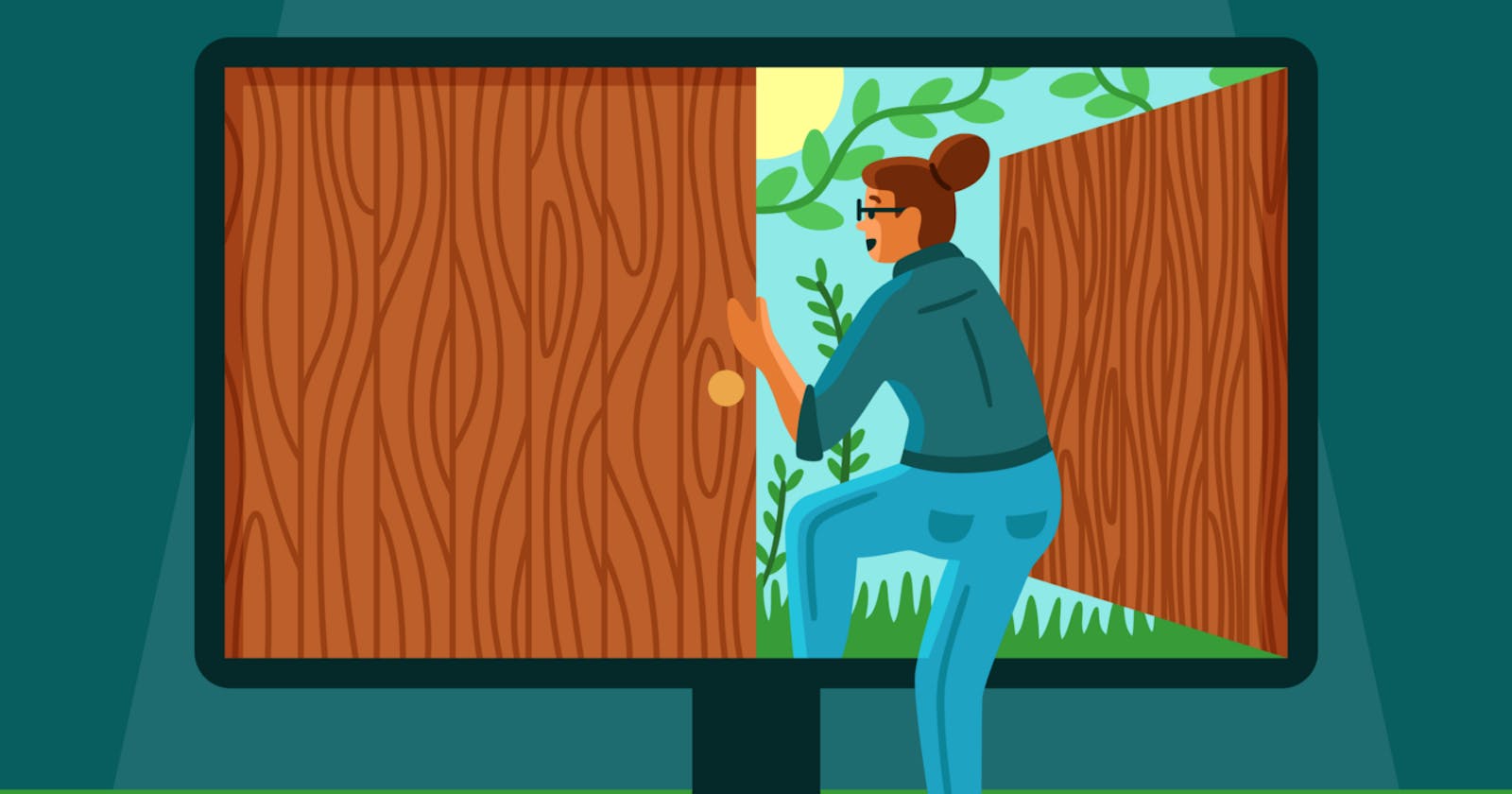The tech industry is one that's really growing like wild fire, with so many opportunities and different tracks for anyone to explore. There are plenty of programming jobs for you to pursue in the world of technology. So, whether you’d like to spend your entire days writing code or you’d like to use your programming knowledge to help drive overall business decisions, then this article will give you a summarized view of the many coding careers out there that anyone can transition into. It's important for you to note that not all fields in tech require you writing codes.
Finding Direction
This is the first thing you need to figure out. I've heard so many people out there say they want to transition into tech and when they are asked which track they intend to go into, they are usually clueless. But the key to help you resolve this is knowing what interests you.
So, think about what interests you; Do you want to create it? If yes, then software engineering role would be the track to look at. But if you’re more interested in how people interact with it, then something around user research or experience might be a better fit. Are you more interested in how engineering, user research, and marketing can work together to create an amazing product? Look into product management. Do you want to get the word out about the product? Then marketing (whether it’s product marketing, technical marketing, content marketing, or another niche within marketing) might be your speed.
What next?
Well, the next step is figuring out how to learn and build your career in this field. There are three basic tools that are highly effective in helping people grow in the tech industry.
- Getting a mentor??
Let’s say you have a lot of interest in Artificial Intelligence. Your initial instinct may be to find a mentor in that field, but that isn’t the best first step. Surprised I said that right?? Well, the reason is because our interaction with your proposed mentor will be awkward because you do not yet have any or lot of field understanding. So your questions won't be well defined and hence, they’ll be harder to answer. It will be also be disrespecting to the mentor’s time/energy/expertise. In addition, you won’t be demonstrating a personal investment; you will damage your personal brand and your repertoire with that mentor.
What is an alternative? Follow the framework! Choose a field and learn everything related from scratch because programming isn't just about the language in itself. Rather, it's about using the language to solve problems.
Bootcamps: Once you’ve figured out what it is you want to focus on, you can start looking at bootcamps and other learning tools. Codecademy and Freecodecamp can get you started learning for free. There are several other paid bootcamps out there that would train you in different tracks for a stipulated amount of time.
Meetups: these are meetings organized by different tech communities sharing professional knowledge in different fields. It can be beneficial to attend such meetings as it will keep you informed of developments and opportunities in this industry.
Join a community: there are several tech communities out there. Some of them are hertechtrail community, femcode Africa, ALX, SheCode Africa, etc. When you join such communities, you would definitely meet people of similar interests and it would be more easier to navigate through this industry. Don't make the mistake of trying to do life alone especially when you're transiting into a whole new field.
Different tracks you can explore.
Here's a concise list of different tech tracks that you could transit to. Thank me later...😊😊😊
1. Web development
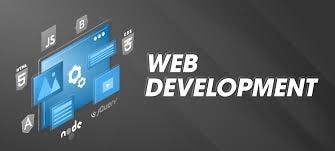
2. Web 3
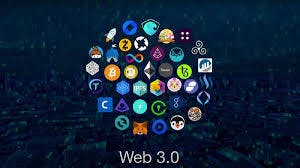
3. UI/UX
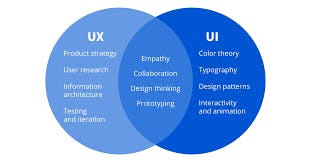 A UI/ UX designer is responsible for designing interactive and visual design principles on websites and web applications for a positive and cohesive user experience. No prior knowledge of programming is required for this track.
A UI/ UX designer is responsible for designing interactive and visual design principles on websites and web applications for a positive and cohesive user experience. No prior knowledge of programming is required for this track.
4. Data analytics
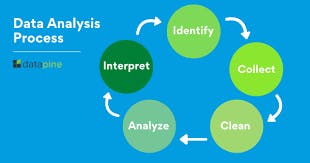 Data analytics (DA) is the process of examining data sets in order to find trends and draw conclusions about the information they contain. Increasingly, data analytics is done with the aid of specialized systems and software and programming languages.
Data analytics (DA) is the process of examining data sets in order to find trends and draw conclusions about the information they contain. Increasingly, data analytics is done with the aid of specialized systems and software and programming languages.
5. Artificial intelligence

6. Digital Marketing/ Growth Hacking
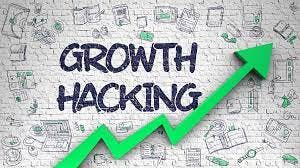
7. Cyber Security

8. Cloud Computing
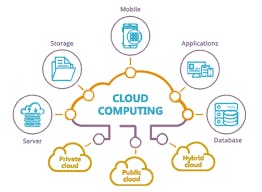 Cloud computing is the delivery of computing services—including servers, storage, databases, networking, software, analytics, and intelligence—over the Internet (“the cloud”) to offer faster innovation, flexible resources, and economies of scale.
Cloud computing is the delivery of computing services—including servers, storage, databases, networking, software, analytics, and intelligence—over the Internet (“the cloud”) to offer faster innovation, flexible resources, and economies of scale.
9. Product Design

10. Product Management
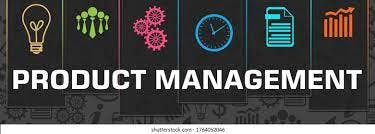
11. Technical Writing
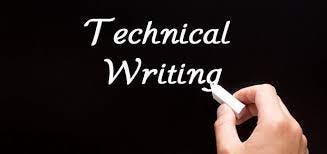
Pheeeeeeeew!! This is a long read but you would agree with me that it is highly educative. Perhaps, I could write a concise road map for each of these tracks in tech... If you would love and appreciate that, do leave a clap 👏 after reading this.
Hope you've gained knowledge from this article??? Don't hesitate to like and share... 😊 😊 You can reach out to me on twitter @princessmaggy7. 😊

